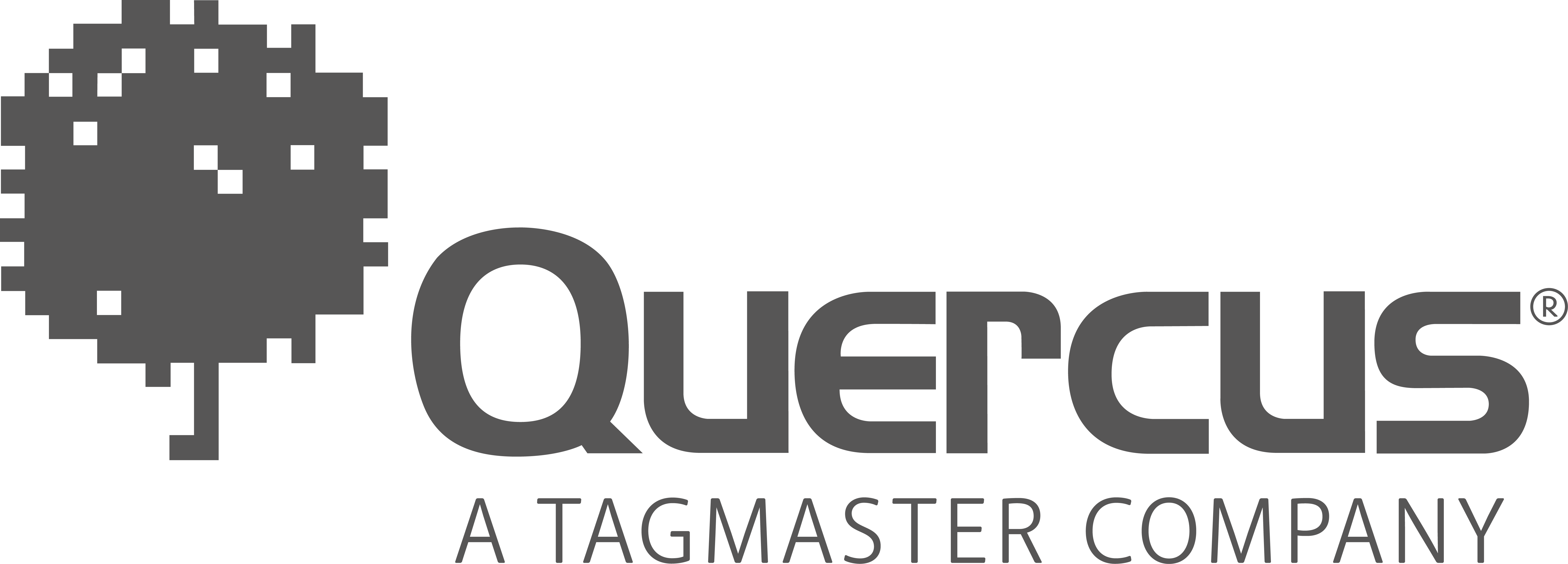Why choose camera-based technology over others?
There are many different types of parking guidance technologies to choose from and it is still up for debate as to which one is the most effective. The most popular alternative technology to camera-based systems is ultrasound, although there are other options as well, such as laser technologies. Each of them has distinct features that differentiate and separate them by levels of capability. The following is an analysis of the differences:
Information provided by guidance systems according to their typology
Ultrasound technology, mechanical wave technology and other alternatives to camera-based systems are much more basic and simple in terms of their features and the information they can provide. Generally speaking, they can detect if there is a vehicle in a parking space and inform the system of whether the space is free or occupied. They provide no further information about the type of vehicle occupying the space. They also do not allow tracking or monitoring of vehicle movements within the parking facility.
By contrast, camera-based parking guidance systems can provide valuable information about a vehicle such as its license plate and whether or not it is correctly parked within the lines marking the space, as well as video recording for detecting movements in and around the space. The cameras can monitor more than one parking space per sensor - in the case of Quercus Technologies' SC Indoor sensors, up to 4 parking spaces each. In short, while more basic technologies can only answer the question "is the space occupied?", without even being able to say if it is by an actual vehicle, camera-based guidance systems offer a much wider range of information and benefits.
The cost of installation and maintenance for each type of parking guide system
You might incorrectly assume that the costs of a video based parking guidance system are much higher than those of other technologies... nothing could be further from the truth. If a basic comparison is made: yes, a camera sensor is usually more expensive than an ultrasound sensor, at least at first glance. However, if we keep in mind that an ultrasound sensor gives limited information about 1 space and a camera-based parking sensor from Quercus Technologies does this and more for up to 4 spaces... which one would be more expensive to install after taking into account the quality-to-price ratio? How much are you prepared to invest in smart parking and parking control solutions? Are you content to just be guided, or do you want more information so that you can analyze it and take actions according to strategic parking solutions?
Reliability in vehicle detection and scientifically proven success rates
As we’ve already mentioned, guiding vehicles into free spaces is important for any driver. But so is monitoring the facilities, video surveillance of all of the spaces, and reading license plates. Any claim that a video based parking guidance system gives worse results for the detection of vehicles in parking spaces than any other alternative technology would take some proving. Quercus Technologies has repeatedly tested its car parking sensors’ detection reliability at some of its facilities such as the Dallas Children's Hospital and the Oakland Mall in Guatemala and has proven that its system goes above and beyond the reliability of other non-camera based parking systems.
The environmental responsibility of parking experts solutions compared to the most environmentally harmful technologies
Camera-based parking guidance systems only use renewable energy to operate, such as solar or hydroelectric power. However, most ultrasound sensors are battery operated: with a typical heavy metal content of around 30%, they can take up to half a century to degrade. Global parking solutions, both indoors and outdoors, are less intrusive and coexist better with nature, and also reduce the time it takes for vehicles to access facilities or drive around looking for a parking space, which considerably reduces Co2 emissions.
ARTICLES THAT MAY INTEREST YOU...

Contact us
If you are looking for answers, want more information, want to solve a problem or simply want to tell us how we did, please contact us.
We're happy to help you!



